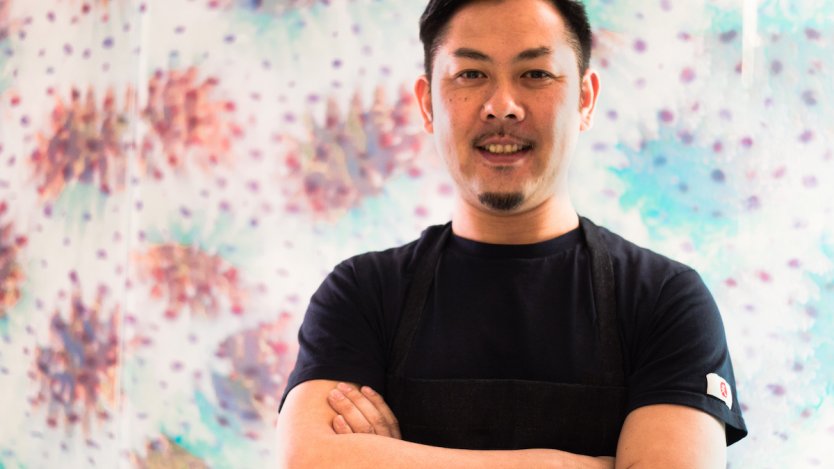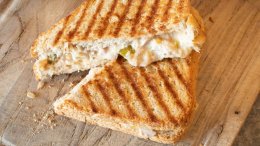Since the pandemic first reared its destructive head in Canada 12 months ago, give or take, the country’s hospitality industry has experienced a vast spectrum of unprecedented hardships and challenges unlike anything we’ve seen before. Restaurateurs, chefs, and small business owners alike have endured a nearly insurmountable amount of pressure, and for those who have been able to stay afloat, the path toward recovery has required a tremendous amount of adaptability, creativity, and perseverance.
It shouldn't come as a surprise that each province tackled the COVID-19 virus in slightly different ways from the get-go. As such, there isn't really one singular day for Canada that represents the anniversary of when the pandemic began to seriously affect the country's food and drink scene.
With that in mind, we decided it would be a good time to catch up with a wide range of hospitality industry professionals from different Canadian cities to get their unique perspectives on the effects of COVID-19 on foodservice and how they envision the changing dynamics of the industry as a whole moving forward.
Has the pandemic fundamentally changed how you approach your business?
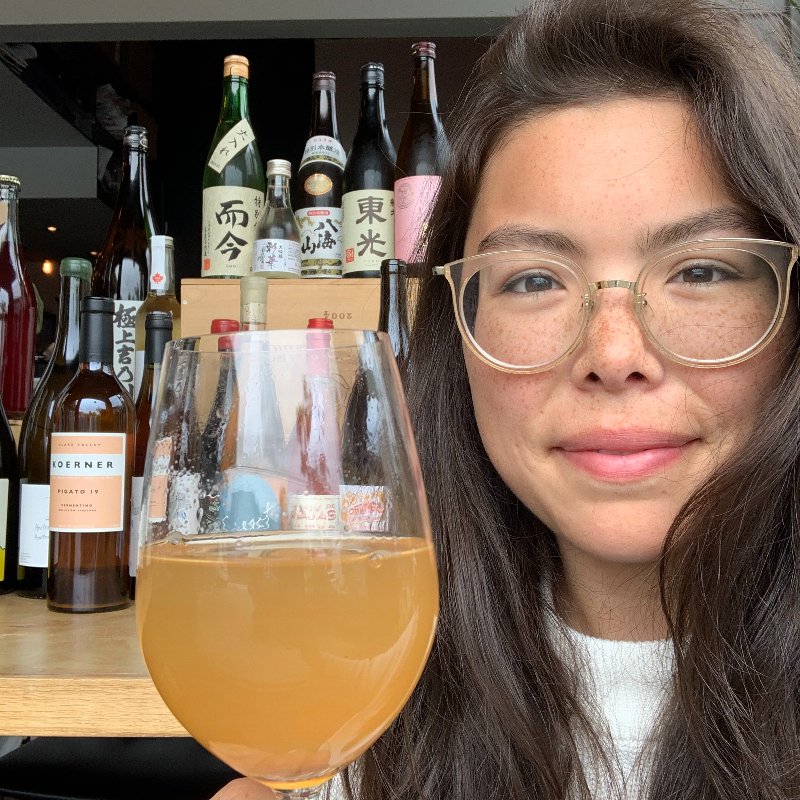
"Yes, it has forced me to see it beyond what it was pre-pandemic: a 40-seat restaurant doing dinner service with no takeout program. We’ve made many changes over the last year and it’s been incredible trying different models we hadn’t imagined before. From extensive take away options (meal kits, ready-made food, cocktail kits and wine packs) to an expanded outdoor space, online cocktail 'shake-alongs', and opening a webshop as well as a in-house bottle shop! It’s been dynamic and challenging. We’ve learnt a lot." - Miki Ellis, co-owner of Vancouver's Dachi and Ugly Dumpling.
"Prior to the pandemic, we had traditionally emphasized a stellar sit-down dining experience. With lockdowns and social distancing restrictions in place across the country, we had to expand our style of service into uncharted waters, namely offering a variety of takeout options on various third party platforms. Our signature service style is warm, engaging, and attentive, and the social distancing and mask regulations meant that we had to pivot our employee training to approach guests with a modified style of service to match the current atmosphere." - Chef Kazuya Matsuoka of Aburi Restaurants Canada.
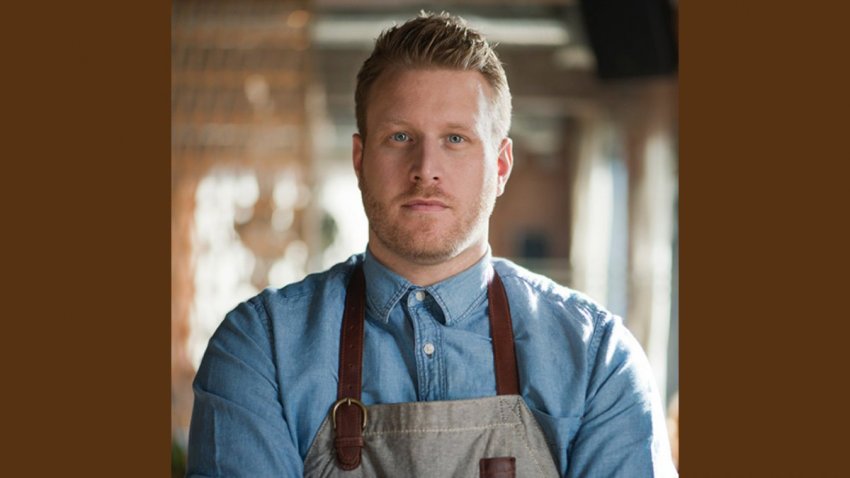
"Yes and no. For example, I think a lot of restaurants are seeing the value in having a menu/product that can be easily accessed via internet platforms. This model doesn’t work for everyone, but I think delivery and pick up platforms have become a new normal for society, businesses that see this will probably earn some extra capitol they necessarily wouldn’t have considered pre COVID. I do believe that restaurants and bars will always remain as a place for social escape and celebration. We currently operate differently to keep our guests safe but as the pandemic eases, I feel the way a restaurant has always intended to operate will continue to do so, maybe the digital menu thing will stick, but I prefer a menu I can hold!" - Chef JP Pedhirney of Calgary’s Concorde Group.
Is sit-down service a high priority for you or have you been able to find other revenue sources since last March?
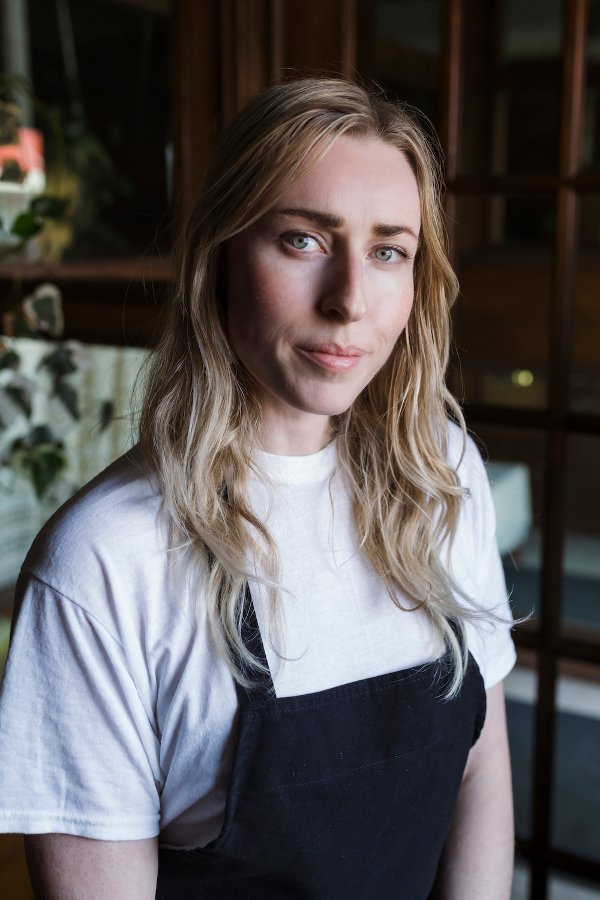
"We only have six tables remaining in the restaurant and they are always fully booked, often we will seat them three times per night. We are happy to still offer a sit-down service but a lot of our business comes from takeout and delivery. We do a daily 'Date Night' takeout package that is a great seller. Another revenue source that we have ramped up since last March has been selling our ‘Primal at Home’ products at local stores. We were already doing that before the pandemic but we have increased the products available for sale and added more stores. We have also been selling a selection of natural wines and cocktail kits, as well as unshucked oysters by the dozens for takeout. We are even selling oyster knives and Primal wine openers and are about to launch an online store. Virtual wine tastings, cocktail and cooking classes have also subsidised revenue." - Chef Christie Peters of Saskatoon's Primal Pasta.
"With stringent health and safety measures in place for both our employees and guests, we still encourage dine-in experiences for some of our signature offerings that cannot be converted into a takeout format, such as our set menus. Since May, we have expanded on our traditional takeout offerings, as well as introduced a partnership with UberEats for takeout delivery and Tock for prepaid pickup." - Chef Kazuya Matsuoka of Aburi Restaurants Canada.
"Absolutely! We do gain some revenue with our curbside meals but at this point I don’t even think it's about revenue, we want to see our guests again. When the restaurants are closed you can feel the soul being sucked out of everyone, it's been the hardest part of the pandemic seeing your industry peers struggle. Filling the seats again brings the energy we all need." - Chef JP Pedhirney of Calgary’s Concorde Group.
Did you have any reservations about opening a new business during the pandemic?
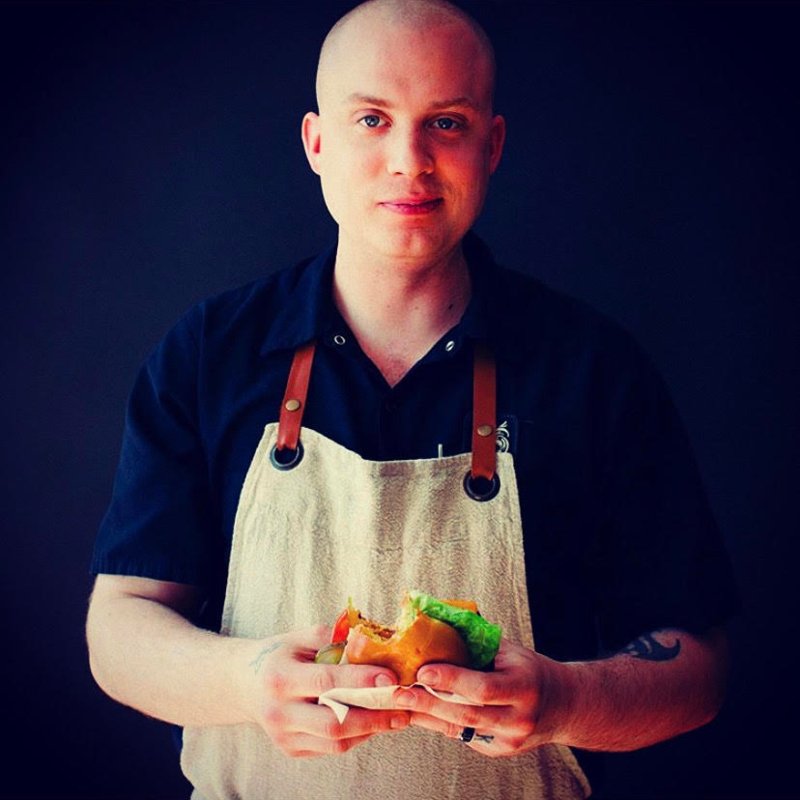
"We opened Mottola Grocery, Winnipeg’s first specialty grocery store located downtown in early September. Our plan was to always push forward with the open during the pandemic, however we took what we learnt from the first six months of the lockdown and implemented it in the store opening. For example, we knew our foot traffic would be less, so we focused on online shopping with next day delivery." - Chef Jesse Friesen of Winnipeg’s Academy Hospitality Group.
"We opened Minami Toronto during the summer of 2020. It has been challenging due to the changing restrictions and extended lockdown in Toronto, but we have been able to launch and operate the restaurant with an enhanced line of elevated takeout offerings." - Chef Kazuya Matsuoka of Aburi Restaurants Canada.
"We’ve joined the Ugly Dumpling team during the pandemic and while it seemed a bit counterintuitive to invest in another restaurant business at this time, it felt like a no-brainer. We loved/believed in the food that was being made at Ugly, and got on so well with Darren, it was a relatively easy decision to make in a year filled with incredibly difficult ones." - Miki Ellis, co-owner of Vancouver's Dachi and Ugly Dumpling.
What are your hopes for the Canadian restaurant community by the end of 2021?
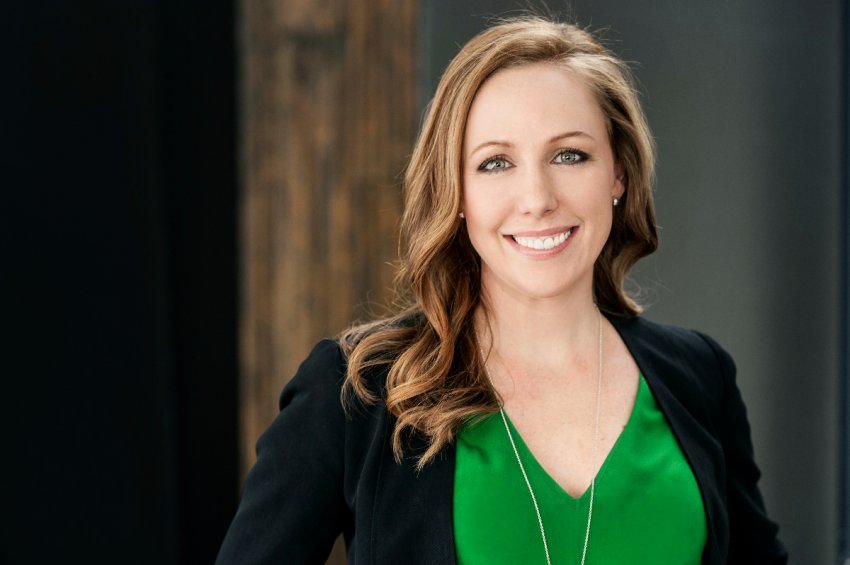
"There's no question that the pandemic has fundamentally changed the restaurant industry. Necessity breeds creativity and for better or for worse, it has forced restaurants to rethink their business models to introduce new revenue streams. Luckily for us, this has resulted in an incredible amount of creativity and innovation. My hope is that as restaurants begin to regain some semblance of 'normal' over this year, we will continue to enjoy these new innovations long after we return to pre-pandemic dining. I also hope to see a shift in the power dynamic between restaurants and the third-party delivery services that became a necessary evil during this past year. Let’s work together to keep the revenue where it should be–in local communities." - Shelley McArthur Everett of SMC Communications and founder of Breaking Bread.
"My hopes for the Canadian restaurant community by the end of 2021 are to rise from the ashes of locked down businesses and triumph as the hospitality professionals we have always been. To show that global pandemic or not, we are strong, united and have not been forgotten." - Chef Jesse Friesen of Winnipeg’s Academy Hospitality Group.
"I would love to see things settle into a new normal. In my opinion the pandemic allowed an industry that was running on hyper speed to slow down, reassess and regain some control. My hopes are that restaurants and industry workers learn what works for them in terms of workload and compensation. I hope the new normal will allow the restaurants to be profitable and maintain some balance. Also by the end of 2021 I think we will be entering the ‘roaring 20’s’ and we better be ready for when people are vaccinated and want to make up for lost time." - Chef Christie Peters of Saskatoon's Primal Pasta.

